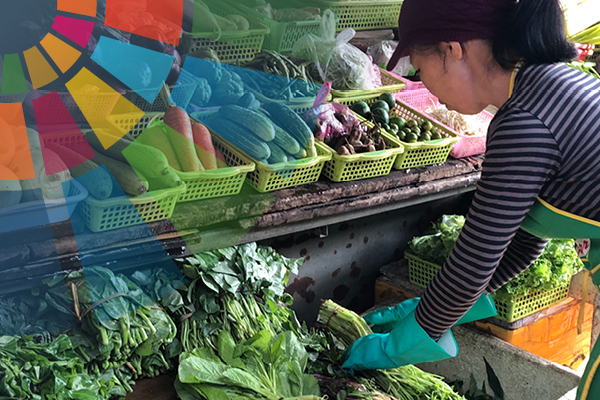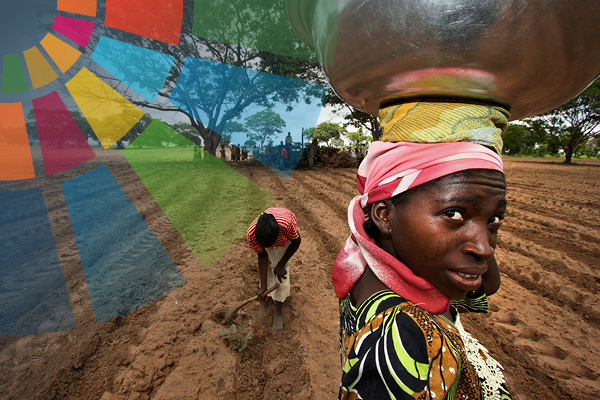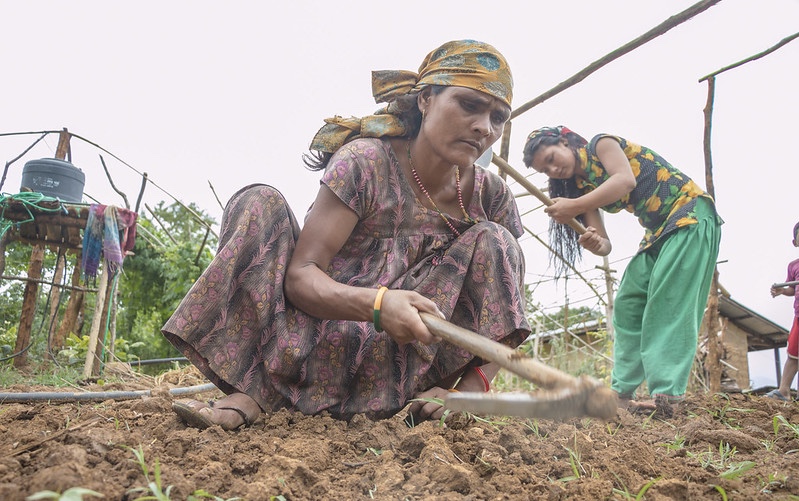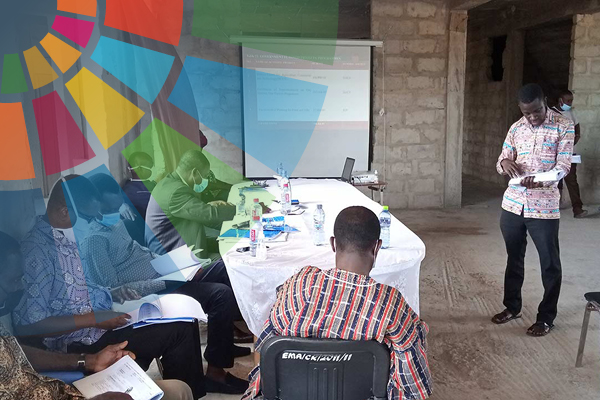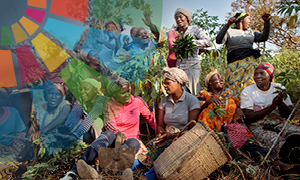Blogs : IFPRI at UNFSS 2021
IFPRI is curating a special series of blog posts analyzing the United Nations Food Systems Summit and the transformation of food systems.
Latest Blog
-
Getting to ‘Five Servings Per Day’
A strategy of "push" and "pull" actions and policy solutions to encourage better nutrition.
-
All hat and no cattle? Accountability following the UN Food Systems Summit
Getting follow-through on key global commitments.
-
$15.2 billion in research and innovation investments can put global climate and hunger goals within reach
A new report shows how targeted spending can have significant global benefits.
-
The devolution revolution paradox: Greater accountability, lower spending on agricultural services
A potential obstacle to food system transformation at the local level.
-
Bold actions for gender equality and women’s empowerment in food systems
Women are demanding change – how to achieve it.




